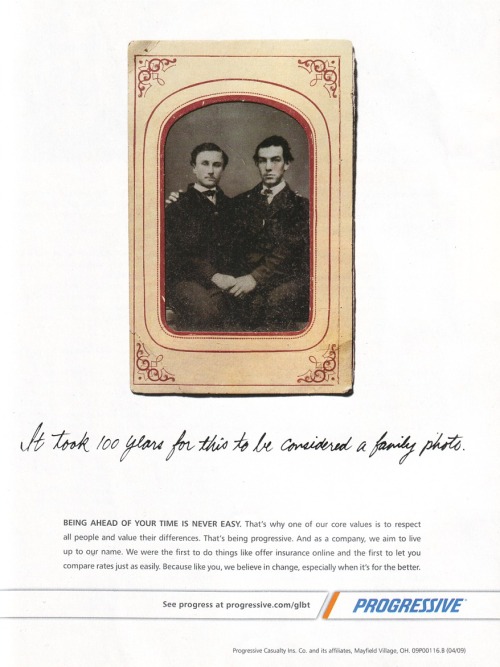
Remember back a few years ago when “gay was the new black” and advertisers were clamoring for your gay dollars? It seemed everyone from Levi’s (screenshot above) to Microsoft was pouring money into GLBT ad development. So what happened? Multicultural marketing expert Chiqui Cartagena recently wrote an excellent article for Advertising Age asking that very question.
Bob Witeck, CEO of preeminent GLBT communications firm Witeck Combs, who is quoted in the article, asked for my point of view on the subject, and I thought I would share my response with OGM readers as well. Below is an excerpt from my email to Bob:
“I don’t know enough about NewFest to comment as to why major advertisers might have ignored it. In general, I’ve always been a little leery of sponsorships. It’s not like a TV or radio buy where you know exactly how many GRPs you’re getting. Sponsorships are risky- it’s difficult to envision what kind of presence you’re going to have, weather events could ruin attendance, and it’s extremely difficult to measure return. Whenever I have had to cut budgets in the past, sponsorships were always the first to go. With that being said, there are some signs that sponsorships at gay-oriented events are growing. NYCPride set a record for sponsorships this year, with major partners like Macy’s, Wells Fargo, and Walgreens signing on.
Your point that advertising budgets are shifting to larger, mainstream agencies is spot on. I see it happening at my company; I’m being urged to move business away from boutique agencies and free-lancers to our large agency of record. I think the result of all this is that you’re going to see fewer quality gay-targeted campaigns. Rather, the trend will be to include gay imagery in mainstream advertising efforts – like one of the many couples in the T-Mobile commercials being gay or the ambiguously gay couple in the Progressive commercial. But by moving accounts to the large agencies without competencies in targeting gays, I’m afraid some of these ads are going to miss the mark and/or alienate/anger people within the GLBT community.
The overarching theme here is that advertisers are missing a huge opportunity to reach out to the gay community – hell it’s why I started my blog in the first place. As Chiqui says, in this post-advertising era it’s all about the long tail, but the gay marketing trend seems to fly in the face of that assertion. In this day and age, it’s easier than ever to segment and target, but it appears we are moving away from focused efforts to a one-size-fits-all message.”














